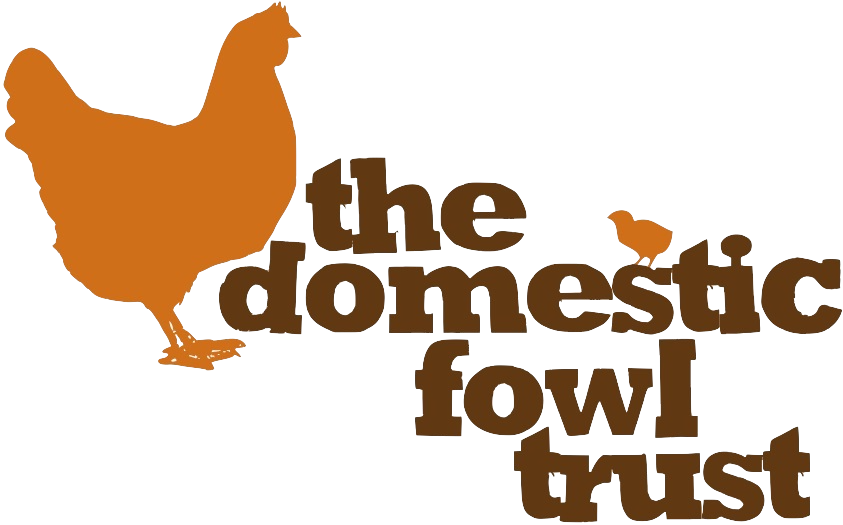Desktop
We have everything you need to keep your hens healthy and happy.
Mobile
We have everything you need to keep your hens healthy and happy.
MENU
- Feed
-
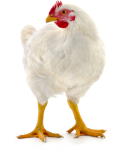 Chicken Feed
Chicken Feed
-
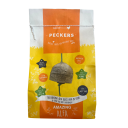 Chicken corn & treats
Chicken corn & treats
-
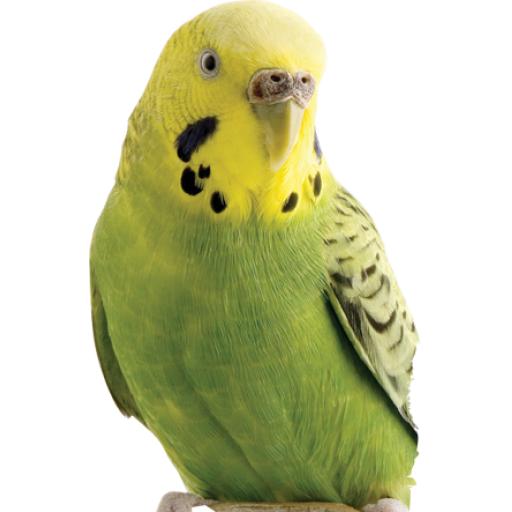 Small Animals + Cage Birds
Small Animals + Cage Birds
-
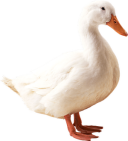 Ducks, Geese & Game
Ducks, Geese & Game
-
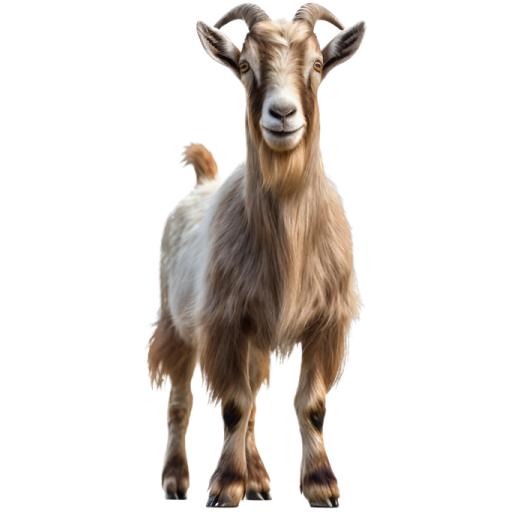 Farm animals
Farm animals
-
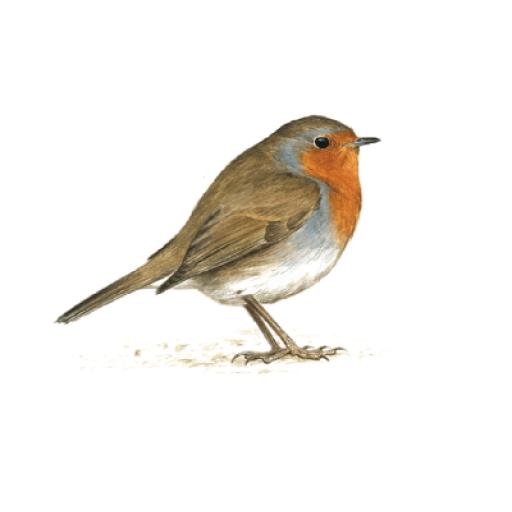 Wild Bird Seed
Wild Bird Seed
- Healthcare
-
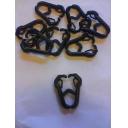 Anti Pecking
Anti Pecking
-
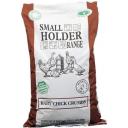 Feed & Treats
Feed & Treats
-
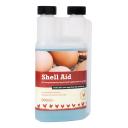 Health Products
Health Products
-
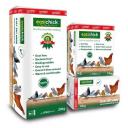 Hygiene & Bedding
Hygiene & Bedding
-
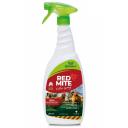 Mite & Lice Control
Mite & Lice Control
-
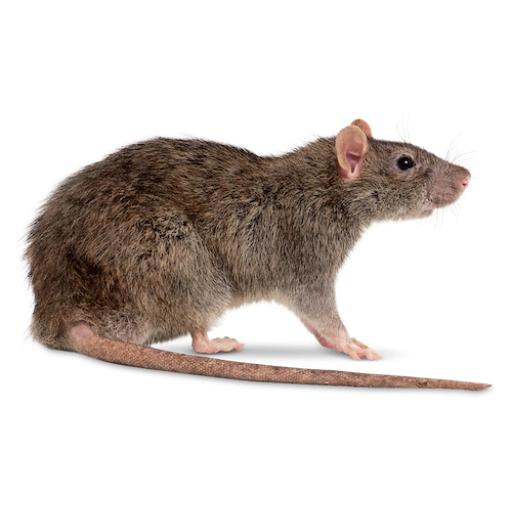 Vermin Control
Vermin Control
- Equipment
-
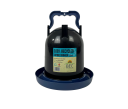 Drinkers
Drinkers
-
 Electric Fencing
Electric Fencing
-
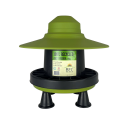 Feeders
Feeders
-
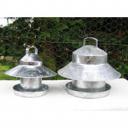 Metal Feeders
Metal Feeders
-
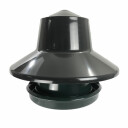 Plastic Feeders
Plastic Feeders
-
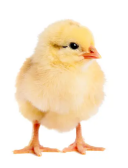 Hatching
Hatching
-
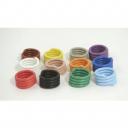 Leg Rings
Leg Rings
-
 Sundries
Sundries
- Housing
-
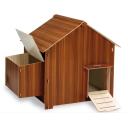 Chicken Housing
Chicken Housing
-
 Grass Seed
Grass Seed
-
 Interesting Things
Interesting Things
-
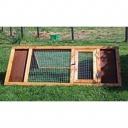 Small Animals
Small Animals
-
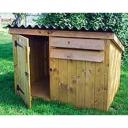 Waterfowl Housing
Waterfowl Housing
-
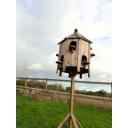 Wild Birds
Wild Birds
